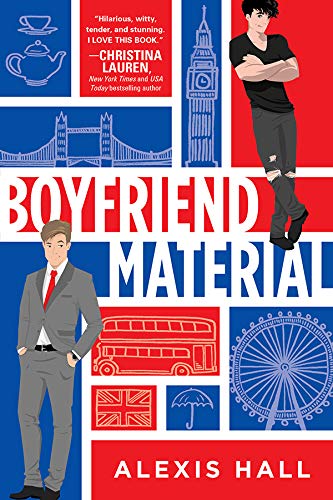‘Good form’ was not enough for her – she needed to believe in the innate chivalry of a gentleman in order to maintain her masquerade. [loc. 1209]
James Miranda Barry (1789-1865) was, by vocation, a military surgeon who advocated hygiene and humane treatment of the mentally ill, strove to ignore racism in South African society, and insisted that 'it was better to be without advice than to have bad advice whether in Law or Physic’. Dr Barry was also a woman who lived her whole life, from boyhood, as a man. Though, according to this biography, 'everyone knew': rumours were rife during Barry's lifetime, and when the charwoman who laid out the body exclaimed that 'it's a woman', the staff surgeon was not especially surprised.
This may say more about Victorian attitudes to gender and medicine than it says about Barry as a person, though. Several of the opinions and accounts quoted by Rose indicate a very clear prejudice against those who didn't conform to gender stereotypes: "the physique, the absence of hair, the voice, all pointed one way and the petulance of temper, the unreasoning impulsiveness, the fondness for pets were in the same direction." [loc. 127] Barry was regarded as 'extraordinary' or 'odd' in appearance and 'eccentric' in behaviour, and had a reputation for argument, independent thinking and bypassing the rigorous procedures of the military. Florence Nightingale, never afraid to use her femininity to get what she wanted, quarrelled with Barry, who'd achieved success in a man's world by pretending to be a man: "After she was dead I was told she was a woman. I should say she was the most hardened creature I ever met throughout the army." [loc. 2394]
June Rose is a meticulous biographer, examining the evidence and making it clear when she's extrapolating from her sources. She examines Barry's (likely) childhood experience, connection to high society, and education at Edinburgh University. Barry's career took her to South Africa -- where she may have borne a child to her long-term friend and protector Lord Charles Somerset -- and to the Caribbean, and through a series of increasingly disputatious conflicts with her superiors. Much of Barry's medical work seems to have consisted in treating and preventing disease, rather than battle-field surgery, but she was certainly capable of the latter.
I was familiar with Barry's story from Patricia Duncker's fictionalised account, James Miranda Barry. I believe that novel uses the male pronoun throughout, as Barry did: this biography, on the other hand, refers to Barry as 'she', which I found ... slightly jarring. June Rose -- writing in 1977 -- does address the eagerness of nineteenth-century society to diagnose Barry as a 'hermaphrodite', an intersex person. Discussing one eminent physician's opinion, she writes '[his] obsession with the specifically sexual identity is typical of a common – and predominantly male – assumption that a woman by nature would have been incapable of sustaining the masquerade and attaining such professional prominence'. [loc. 2610]
I suspect that a biographer writing Barry's story today would respect his pronouns (which sadly I have not done here), and perhaps venture further into Barry's private life -- and biology. But I did find this an illuminating and compassionate account of an unusual and courageous life.
Read for the 'a biography' rubric of the Reading Women Challenge 2020.







